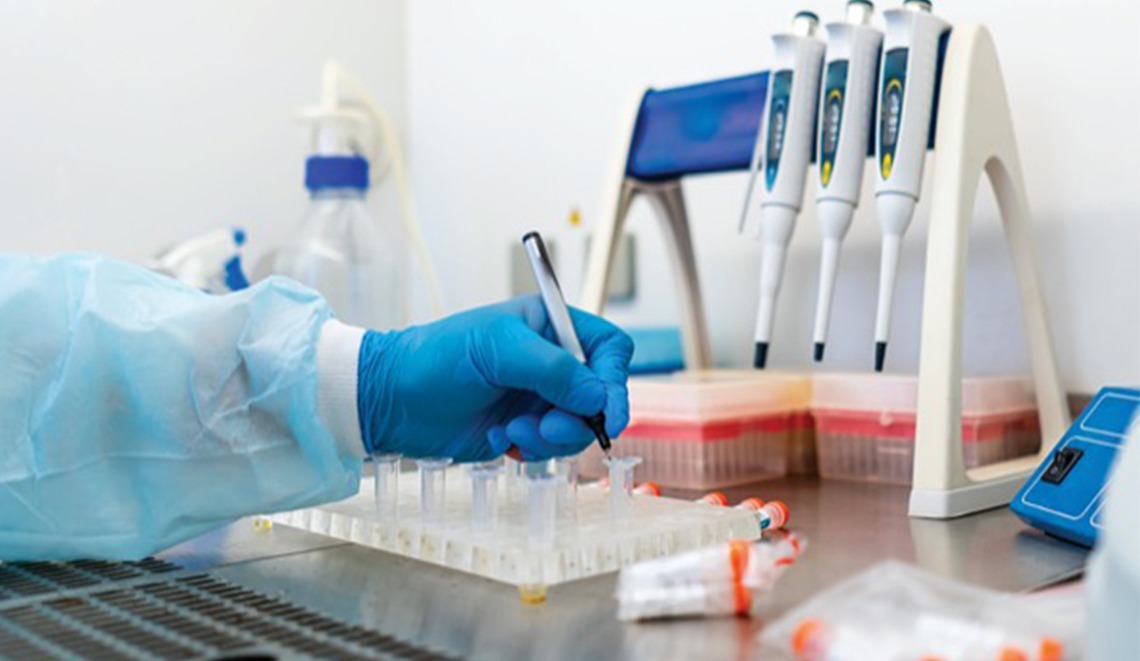Comprehensive Guide to Diagnostic Testing: Types and Procedures

“Let's conduct some tests”, are some of the phrases no one wants to hear from the doctor, making people nervous. But, understanding the importance of your doctor's remarks will help you feel less stressed about your anticipated tests. And if something has changed with your present health conditions, it's always advisable to get it checked out. Offering a wide range of services, diagnostic testing Houston is known for its high standards and patient-centered approach in healthcare.
Sometimes your doctor can refer to a run a diagnostic test, also known as a diagnostic procedure. Usually, the tests are performed to rule out any disease or condition. These diagnostic tests are part of a care which includes screening, diagnosis, treatment of the illness and for better management of conditions.
Comprehensive Guide to Diagnostic Testing: Types and Procedures
Receiving a test doesn’t always have to mean a bad thing as it allows for early and accurate diagnosis. The results help your doctor and you to make informed decisions, what the next steps should be, and to learn more information about your health.
Blood Tests
Blood tests are the most common routine diagnostic procedures that help identify heart disease, diabetes, anemia, infections, and other illnesses. They also give important information about a patient's health. In order to perform these tests, a little sample of blood is taken from an arm vein and examined in a lab. Mostly, regular blood testing provides rapid results while monitoring health concerns and ensuring successful treatment strategies.
Urine Tests
Urinalysis, often known as a urine test, is a straightforward but effective diagnostic method for a number of diseases, including diabetes, kidney disease, and urinary tract infections. They look for chemicals like blood, protein, or glucose that are abnormally present in a urine sample. These non-invasive tests are essential for tracking chronic illnesses and evaluating the efficacy of treatments, often included in regular checkups.
Imaging Tests
Imaging tests, such as X-rays, CT scans, MRIs, and ultrasounds, provide comprehensive pictures of the body to help doctors identify bone, organ, and tissue abnormalities. They assist doctors in diagnosing fractures, variations in the brain or spinal cord, as well as soft tissues and organs like the liver and kidney. These examinations are non-invasive and rapid, however some may need preparation, such as fasting or contrast solution.
Biopsies
Biopsies are invasive diagnostic procedures that analyze a small sample of tissue under a microscope to help diagnose cancer, infections, and autoimmune illnesses. Depending on the location of the tissue, they can be performed with a needle or by surgery. Despite being more intrusive, biopsies give definite information for accurate diagnosis and treatment planning, making them essential for identifying and treating a wide range of diseases.
Endoscopy
Endoscopy is a diagnostic process that uses a flexible tube and a camera to examine the gastrointestinal system and help diagnose disorders such as ulcers, tumors, and inflammatory illnesses. Gastroscopy checks the stomach and esophagus, whereas colonoscopy examines the colon. Anesthesia is commonly used for reducing pain. Endoscopy provides real-time views and tissue sample collection, making it a useful diagnostic tool.
Electrodiagnostic Tests
Electrocardiograms (ECG) and electromyography (EMG) are non-invasive procedures used to detect electrical activity in the body. ECG measures cardiac rhythms to detect heart issues, while EMG evaluates muscle and nerve health. These tests are essential for identifying arrhythmias, nerve injuries, and muscular problems.
The Role of Diagnostic Testing in Maintaining Health
Diagnostic testing can be an important step in achieving optimal health. Understanding the various sorts of testing and what to expect allows you to approach the procedure with confidence. Do not hesitate to ask questions and express your concerns. Your doctor is there to help you in every step of the journey. Along with your doctor, you can put together a personalized healthcare plan that supports your general well-being through open communication and diagnostic tools.

